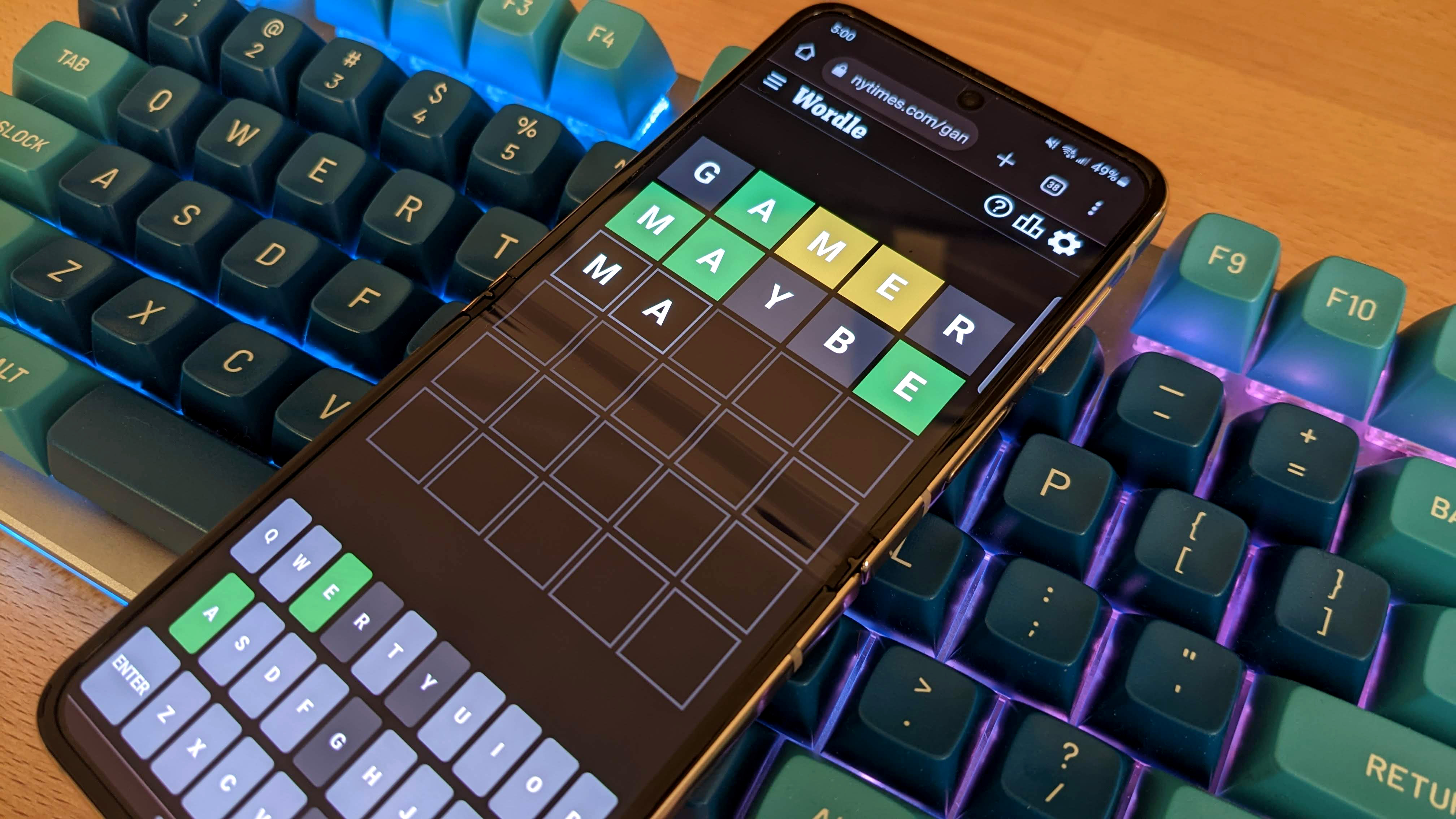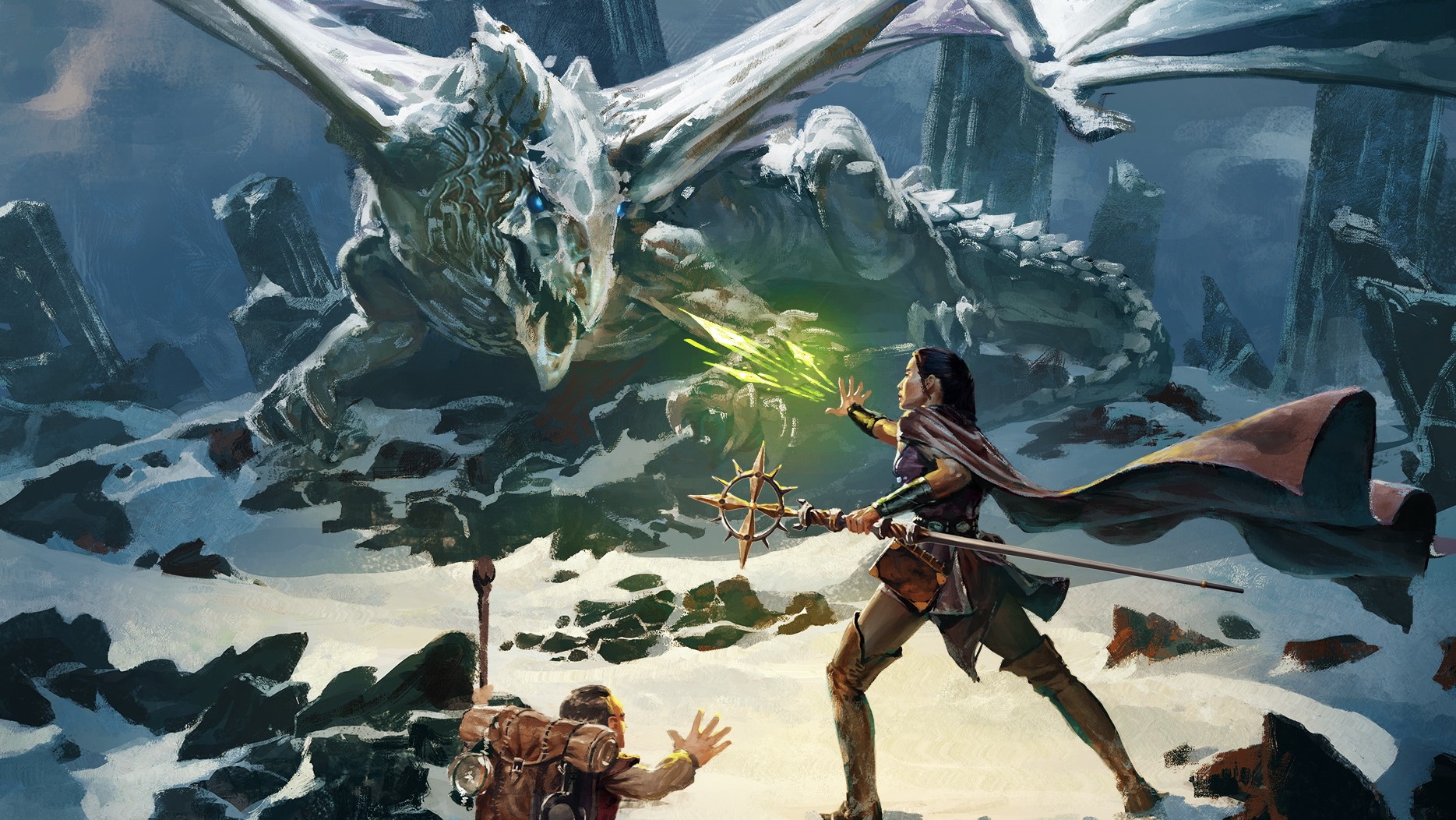
Marvel’s Spider-Man 2 Animators Explain the Motion Capture Magic of Hailey Cooper
One of the best trends in games in recent years has been a greater thoughtfulness in how diverse characters and stories are portrayed. While that work takes a number of different forms, one critical way developers are making this happen is through improved technology, specifically around animation and motion capture. One key example is Marvel’s Spider-Man 2, which saw Insomniac Games take advantage of a group of talented actors, consultants, and lots of fun little motion capture sensors to bring the Deaf character Hailey Cooper and her use of American Sign Language (ASL) to life.
Last week at the Game Developers Conference (GDC), a group of animators on Marvel’s Spider-Man 2 gave a talk entitled ‘Thwips and Hugs: The Animation of ‘Marvel’s Spider-Man 2.’ In it, the group discussed the intricacies and challenges of animating elements of the game such as the Sandman fight and various QTEs. But they kicked off with the story of Hailey, whose portrayal may be one of Spider-Man 2’s most impressive accomplishments.
Hailey was introduced as an original character in the first Marvel’s Spider-Man: Miles Morales, but got an expanded role in the sequel as she and Miles start dating, including a mission all her own. During the talk, associate animation director Lindsay Thompson explained the work that went into ensuring Hailey was an accurate and thoughtful portrayal of a young, Deaf, Black teenager growing up in New York City.
To start with, Hailey was portrayed and fully motion captured by Deaf actor Natasha Ofili, who herself frequently offered guidance and suggestions stemming from her own experiences. Insomniac also hired Deaf consultants from Hyper Nova to answer questions about Deaf culture, consult on scripts, and interpret the scripts into ASL.Thompson says the consultants went over every single scene and shot that had ASL in it to make sure the performances were clear and understandable.
For animators, getting accurate mocap data was critical. Insomniac ensured every hearing cast member had a Deaf body double on the mocap stage, and changed up how the actors would record different scenes depending on the complexity of the ASL being used.
“We had to figure out the best way to shoot our hearing cast’s spoken performances, along with our Deaf body doubles that would work best for Natasha to play against,” Thompson said. “For [one particular scene], we ran them side-by-side so Natasha had signing people to play off of, but could still see Nadji [Jeter, who plays Miles Morales] and Griffin [Puatu, who plays Ganke Lee] doing their speaking performance. Each Deaf cast member had their own interpreter so we could all communicate on set. And we also had the Hyper Novas on stage to help determine the scripts with the cast and plan out signing performance.”
The scene Thompson showed as she explained this concept initially had all the actors standing side-by-side in a big crowd, allowing the animators to capture the body doubles’ signing performances as well as the main cast’s emotional performance simultaneously. She pointed out that the cast’s mocap gloves had far more sensors on them than is typical. Hands, she said, are normally a challenge for animators to capture very intricate movement. The extra markers allowed them to collect more accurate data.
We had to consider each character’s experience and knowledge with ASL.
But having all the actors side-by-side at once wasn’t always the ideal formation. “Sometimes it made sense to have all of our Deaf cast standing and playing against each other. But other times, it was more important to have Natasha face-to-face with Nadji, while his body double would sign next to or in front of him, so Nadji could match his performance.”
Sometimes, the main cast would even perform the signs themselves. For longer conversations, the body doubles would perform the signing to ensure all complex signs and ideas were accurate. But for shorter chats, Insomniac decided it would be more authentic to have the actors themselves sign.
“Seeing as they were playing a more inexperienced signer, it was authentic for them not to be signing as fluently as a Deaf person would,” Thompson explained. “We had to consider each character’s experience and knowledge with ASL. So Ganke, Miles’ best friend, is working very hard to learn. Miles is probably the most comfortable and experienced when speaking with Hailey. Rio, Miles’ mom, is clearly just beginning to learn because Miles has just started dating Hailey. So we made sure her double didn’t sign as fluently and experienced.”
Thompson added that at the very end of the game, a certain character signs “It’s nice to meet you,” in ASL to Hailey. “We approached it as though he had literally watched a YouTube video before coming over and saying something to her. So our interpreter was like, ‘Well, that maybe wasn’t quite it but that looks like somebody who’s just trying to say a nice phrase to somebody.’ So yeah, it was pretty cool.”
Near the end of the talk, during the Q&A, Thompson added one parting thought about the importance of capturing as much data as possible from both Deaf and hearing performers to fully tell the story Insomniac developers wanted to tell.
“We’re a performance forward studio, so we always want the most emotional and authentic performance,” she said. “There’s where it comes into collaboration. Our Deaf actors and our main cast, they were treated equally on the set and we want both of their performances.”
Spider-Man 2’s impressive performances and animation are among the many things we loved about the game, which we gave an 8/10 and called “Insomniac’s best tale yet.” At GDC, it received multiple nominations for the Game Developers Choice Awards, and in a separate talk at the conference we learned that its acclaimed fast travel system was almost cut entirely.
Rebekah Valentine is a senior reporter for IGN. Got a story tip? Send it to rvalentine@ign.com.




